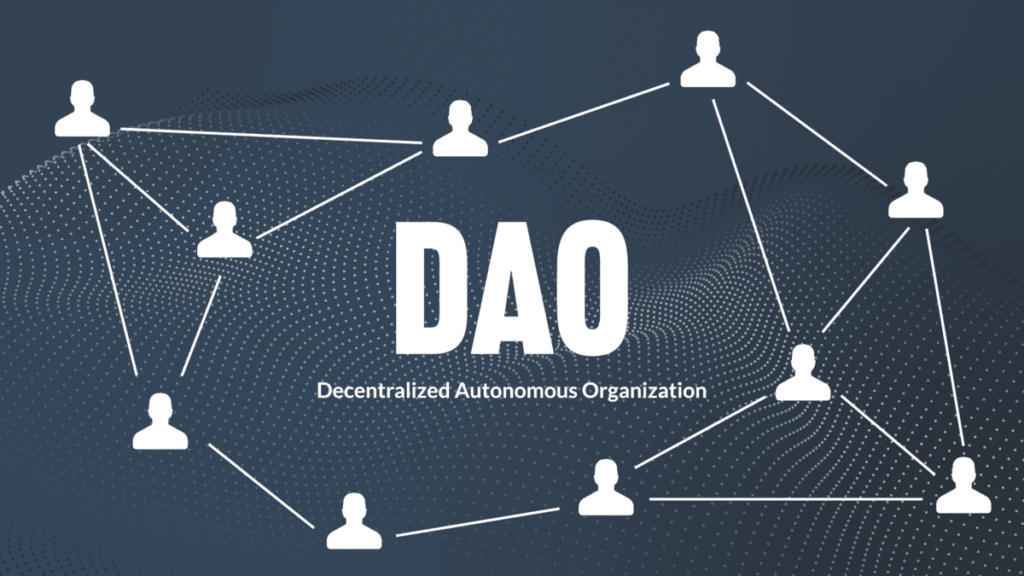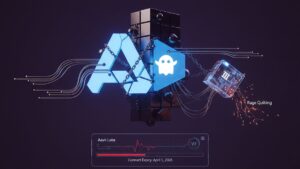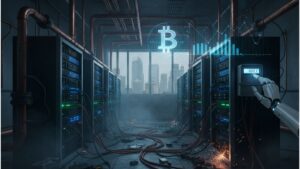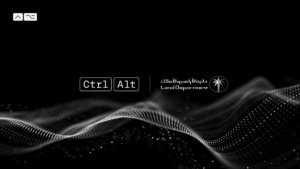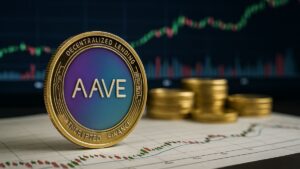TL;DR
- DAOs have the capacity to transform politics as we know it, offering a more inclusive and participatory organizational model.
- The inherent transparency of records on the blockchain could improve accountability and reduce corruption.
- This decentralized model provides flexibility, allowing organizations to quickly adapt to changes in public opinion and the needs of society.
Decentralized Autonomous Organizations, known as DAOs, have emerged as an innovative form of organization that challenges traditional hierarchical structures. By operating within a decentralized framework based on blockchain technology, they allow members to make collective decisions through a consensus system, eliminating the need for intermediaries and increasing transparency in the process. This disruptive form of organization makes it inevitable for us to ask whether it is possible to apply this model to the governmental sphere, replacing or complementing conventional political systems.
What is a DAO?
A DAO is characterized by its horizontal structure, where all members have a voice and a vote, and decisions are made democratically. This approach directly contrasts with traditional hierarchies, where decisions are often imposed by an elite. The essence of a decentralized autonomous organization lies in the use of smart contracts that govern its operation, ensuring that rules and agreements are immutable and applied automatically. Thus, they promote greater citizen participation and reduce friction in decision-making, an aspect that could be fundamental in contemporary politics.

The Multiple Advantages
DAOs present a wide variety of advantages to transform politics into a fairer and more versatile tool for the benefit of citizens.
- Greater transparency: All transactions and decisions are recorded on the blockchain, accessible to any citizen.
- Accountability: The traceability of governmental actions allows for more effective oversight by citizens.
- Elimination of intermediaries: By operating in a decentralized system, intermediaries are reduced, simplifying processes and lowering costs.
- Citizen participation: They facilitate the inclusion of the population in decision-making, empowering citizens to influence policies that affect their daily lives.
- Democratized decision-making: Decisions are based on the consensus and vote of members. Every voice counts equally, regardless of the social or economic status of the citizen.
- Reduction of corruption: The immutable nature of blockchain makes it difficult to manipulate data and decisions, which can contribute to a decrease in corruption.
- Flexibility: They allow organizations to quickly adapt to changes in public opinion or societal needs.
- Less bureaucracy: By simplifying decision-making processes, bureaucracy associated with traditional government structures is reduced.
Challenges to Overcome
There are also challenges on the road to implementing them in governance. One of the main problems is the digital divide; not all citizens have the same access to technology or the necessary understanding to participate in a blockchain-based system. While it is possible to develop an intuitive platform that requires little experience, this could perpetuate existing inequalities and exclude the most vulnerable sectors of the population. Additionally, the urgent need for a clear legal framework to regulate the functioning of DAOs must be addressed to prevent abuses and ensure that the rights of all citizens are respected.

A New Way of Doing Politics
The possibility of a government based on DAOs could lead to a radical transformation in how societies are organized. Imagine a scenario where critical decisions, from resource allocation to legislation, are put to a vote on a platform accessible to all citizens. This model could not only increase political participation but also imply a fundamental change in how modern societies are organized.
Although the implementation of DAOs in the governmental sphere has many challenges ahead, their potential to transform governance is undeniable. If technological barriers are properly addressed and necessary regulations are established, DAOs could revolutionize how power is exercised and political decisions are made


